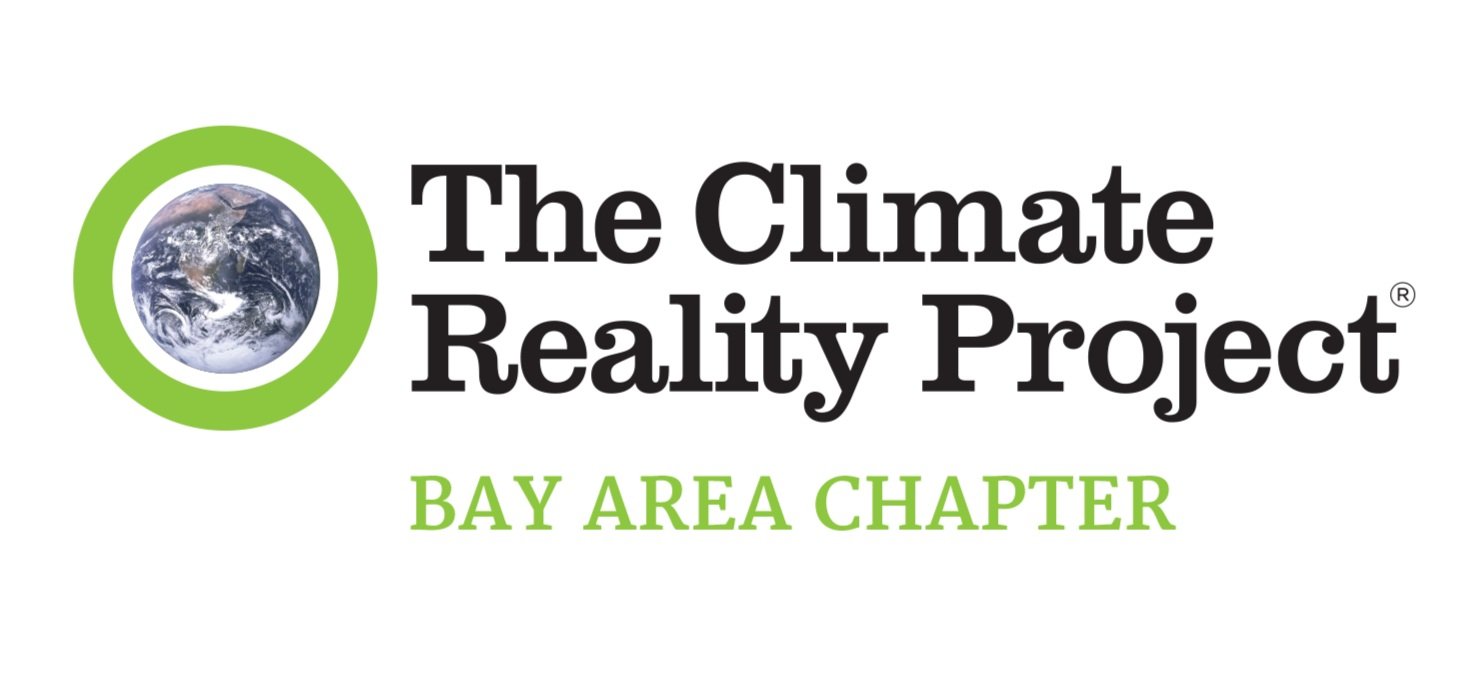KAISER PERMANENTE: LEADERS IN ENVIRONMENTAL STEWARDSHIP
Fourth in a series highlighting sustainability efforts by Bay Area companies. Find the series, here.
Headquartered in Oakland, CA, Kaiser Permanente employees over 300,000 people from nurses to physicians, to all who help run and manage their hospitals. Founded in 1945, it is one of the largest nonprofit health plans and a leading health care provider in the US.
Kaiser is focused on environmental stewardship through:
Climate action
Safer products
Sustainable food
Waste reduction
Water conservation
Management and accountability
Collaboration
The road to carbon neutral
In September 2020, Kaiser Permanente became the first health care provider in the US to achieve carbon-neutral status. According to their press release, this move:
Eliminates the organization’s 800,000-ton annual carbon footprint, the equivalent of taking 175,000 cars off the road. The U.S. health care industry overall is responsible for roughly 10% of the country’s greenhouse gas emissions.
Launching a green revolution in health care
Back in 2016, Kaiser laid out ambitious, bold environmental goals for 2025, and as such, has set a high bar for all health care organizations.
Kathy Gerwig, Kaiser’s environmental stewardship officer, authored a book entitled Greening Health Care: How Hospitals Can Heal the Planet. With this book (whose profits are donated to Health Care Without Harm), Gerwig hopes Kaiser will launch a green revolution in health care.
Gerwig cites learning of the effect of dioxins—one of the most toxic human-made pollutants, which have carcinogenic, reproductive and immune system effects—as an eye-opener to take action. The US held the title of biggest emitter of dioxins due to “the routine burning of thousands of tons of chlorine-based plastic medical waste and trash.”
The book also explores Anthony Costell’s 2009 Lancet study about the health implications of climate change, and three actions health professionals should be leading:
Speak out forcefully about “the threat to our children and grandchildren from greenhouse-gas emissions and deforestation;”
Address and mitigate the “massive inequality in health systems throughout the world” in their ability to deal with climate change;
“Develop win-win situations whereby we mitigate and adapt to climate change and at the same time significantly improve human health and wellbeing.”
To read more about Kaiser’s leadership efforts towards environmental stewardship, please visit their website here.
